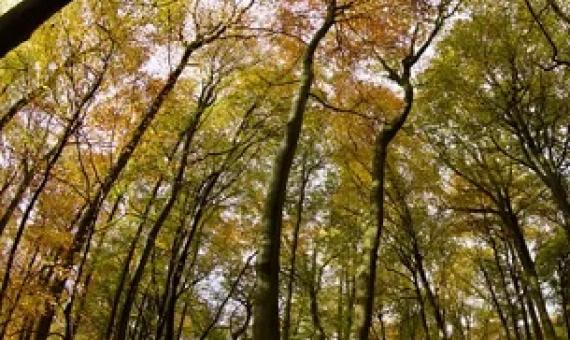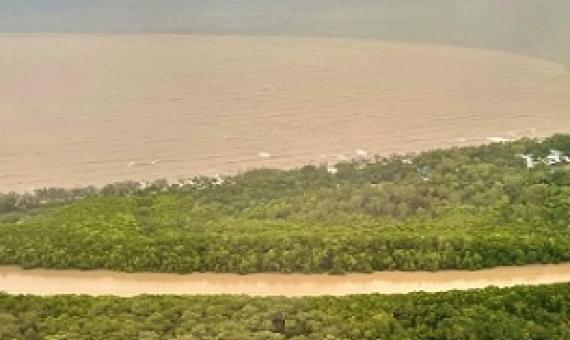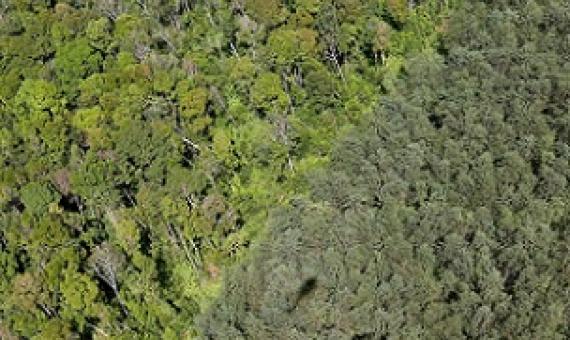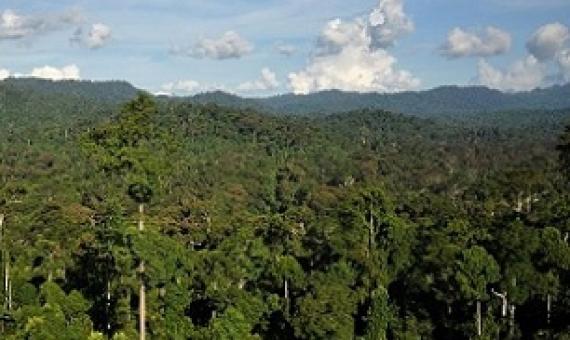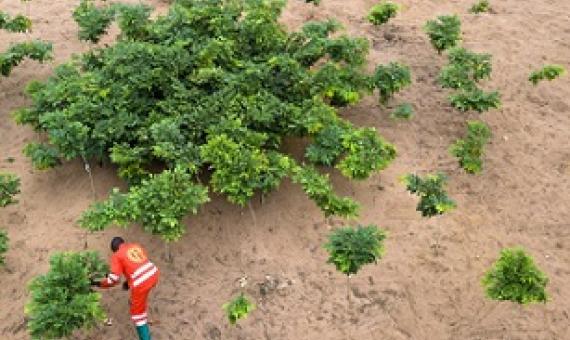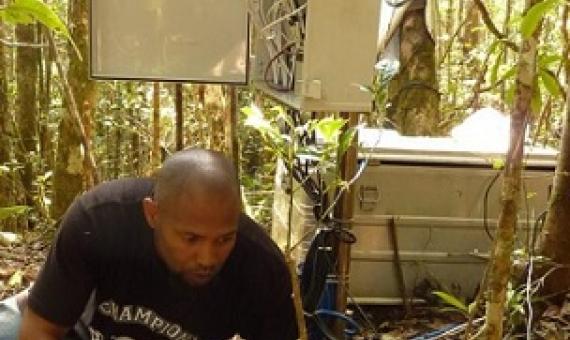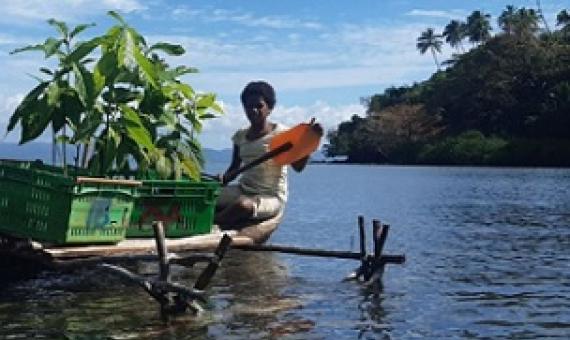As the United Nations Cop26 climate conference in Glasgow winds down, many world leaders and corporate boards are embracing an increasingly popular idea to solve climate change: trees.
Global forest restoration opportunities to foster coral reef conservation
Sediment runoff from disturbed coastal catchments is a major threat to marine ecosystems. Understanding where sediments are produced and where they are delivered enables managers to design more effective strategies for improving water quality. A management strategy is targeted restoration of degraded terrestrial areas, as it provides opportunities to reduce land-based runoff from coastal areas and consequently foster coral reef conservation.
Increasing reforestation efforts in coastal regions could substantially reduce the amount of sediment run-off reaching coral reefs and improve their resilience, a University of Queensland-led study has found.
Globally, tree-planting projects are becoming all the rage, but many are counting on old habits of planting monoculture plantations and calling them forests...Reforestation and restoration projects will require monitoring and scrutiny to make sure they are living up to their commitments in regard
Planting trees and replenishing forests are among the simplest and most appealing natural climate solutions, but the impact of trees on atmospheric temperature is more complex than meets the eye.
A team hopes a drone dropping thousands of seeds over the Hūnua ranges could provide a boost to native reforestation efforts. If the trial works, the drone-testing team say New Zealand could be progressing on the government's ambitious goal of 1 billion trees planted by 2028 years
When an international team of scientists announced in 2019 the potential of restoring forests to slow climate change, the world grabbed shovels. Tree-planting initiatives sprang up from Ethiopia to Nepal, spurred by corporations eager to sponsor them.
The Melekeok Conservation Network (MCN) in partnership with the Palau Housing Authority planted Seba Grass to prevent erosion as a need to use resources for preservation and more efficiently to promote long-term sustainability of soil enrichment.
New research from Madagascar shows that young scrubby forests can in some ways be better at retaining water than older mature forests. They provide similar benefits in preventing runoff but use up lesser water, according to a recently published paper in the Journal of Applied Ecology.
As countries around the world recalibrate their responses to the COVID-19 pandemic, the Fijian Government is stepping up its strategies for a nature-based recovery.

